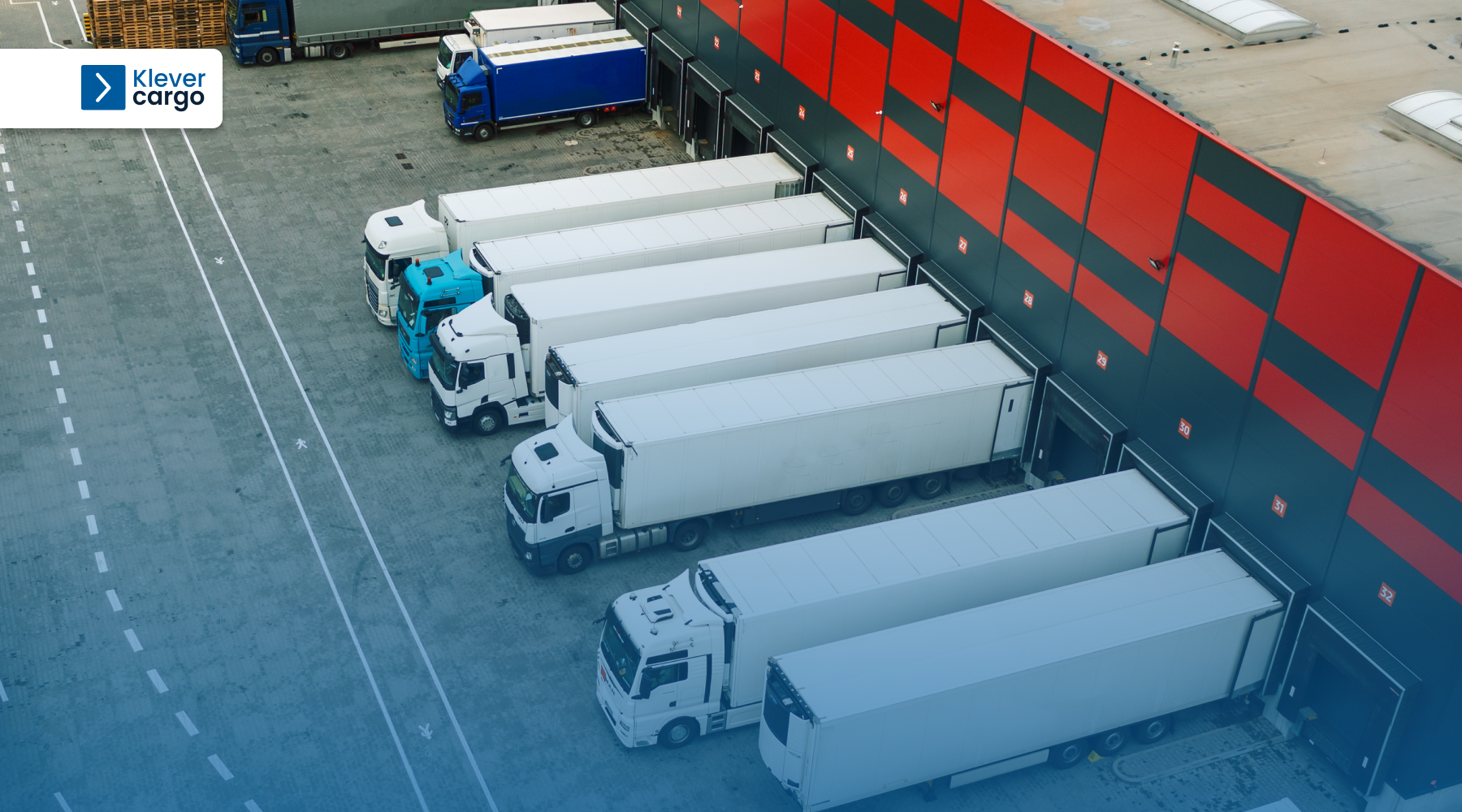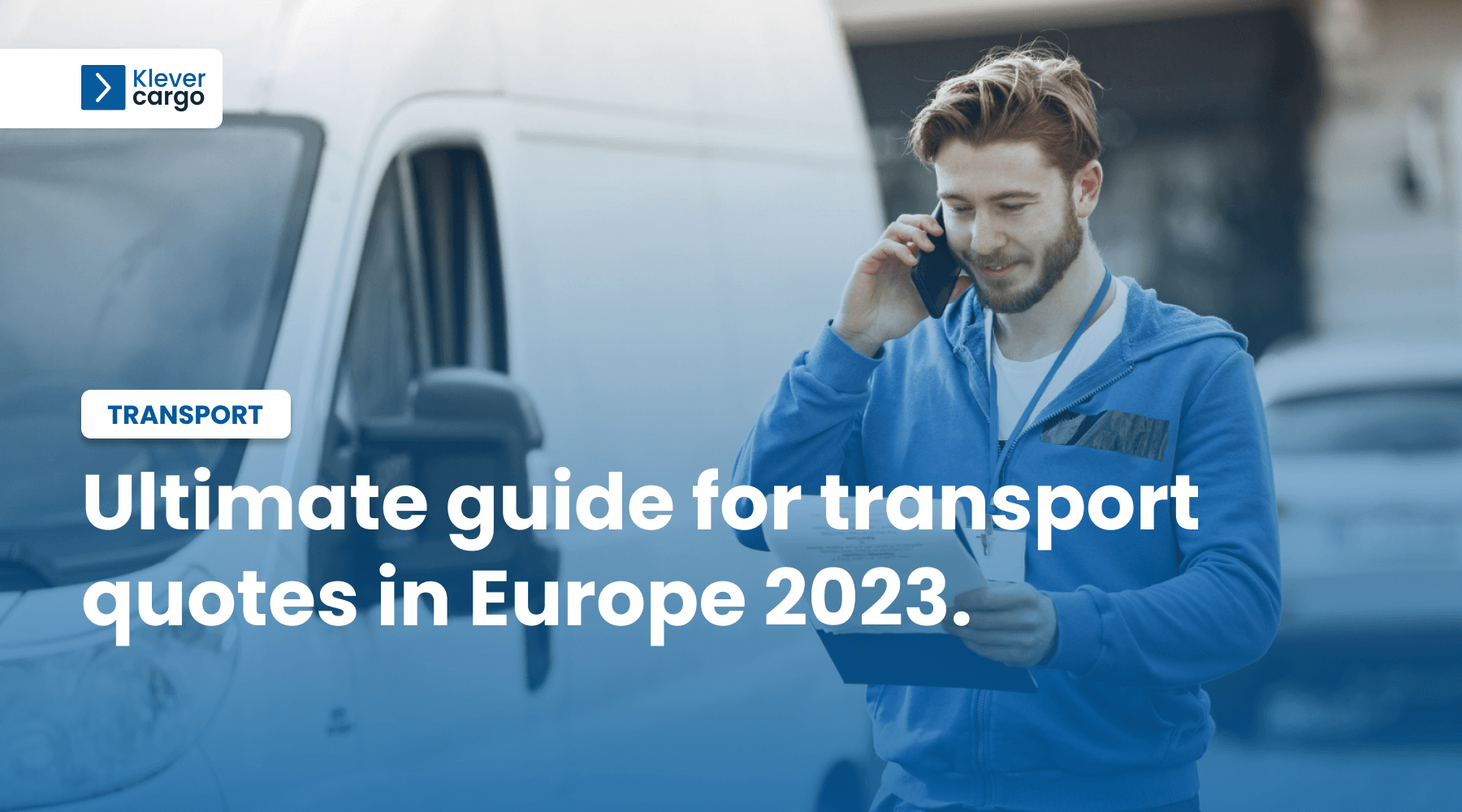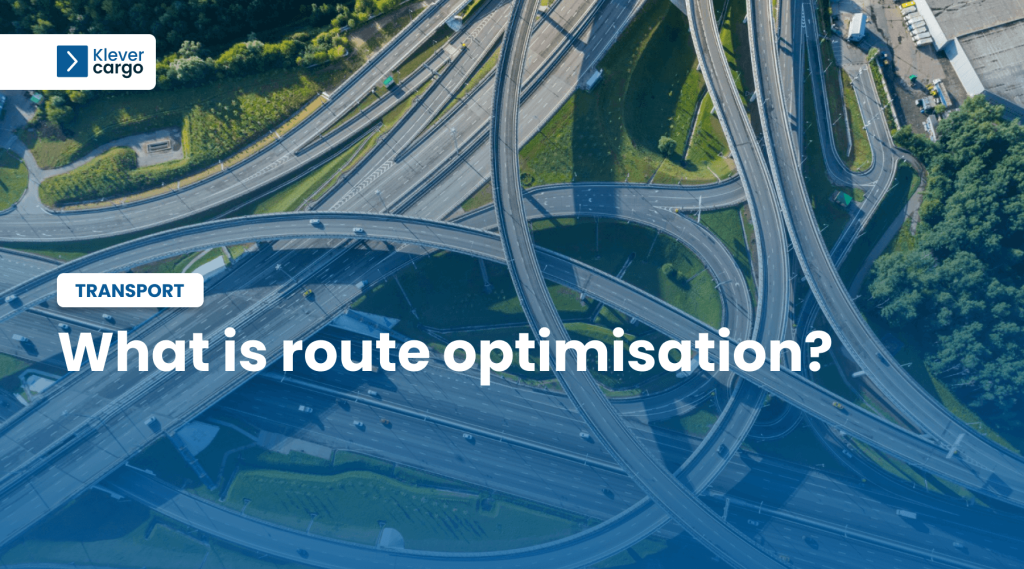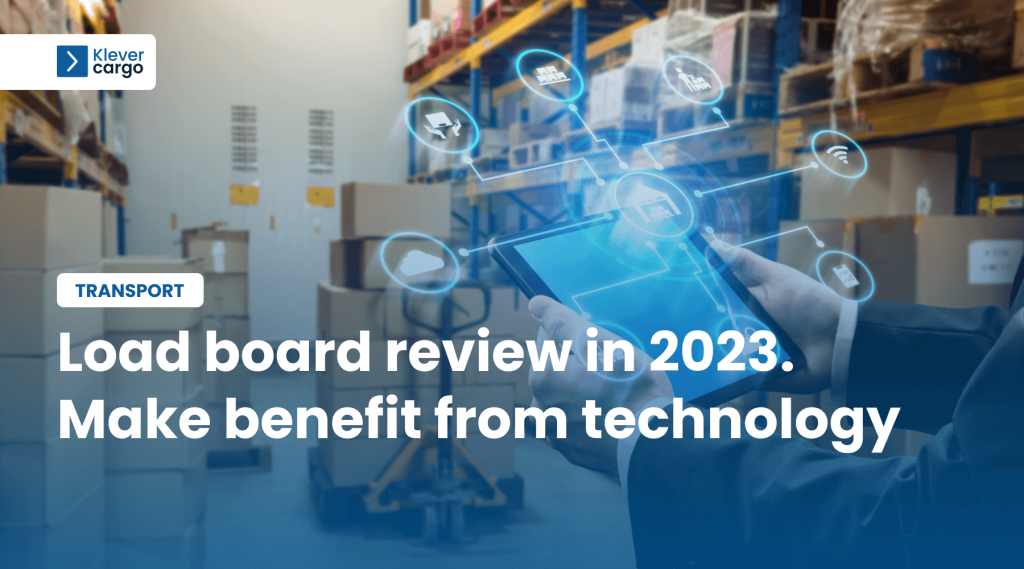You To get a good transport quote, you need to understand what can affect the cost, what type of transport cost exists, how to estimate freight volume, and optimise your routes. You’ll get a good transport quote by combining these factors.
Transportation costs, for instance, will vary significantly, so you may stumble upon different transport quotes for the same route and cargo.
Freight volume is another crucial element since you can utilise lighter loads for multiple deliveries in a single shipment.
Route optimisation is just as important, as you can manipulate the route to save time and fuel with better planning.
With so many important details, it’s difficult to understand the entire procedure and get a reasonable quote. Nevertheless, with a bit of research and persistence, there are ways to find the most suitable service in due time.
What affects transportation cost

Transportation costs encompass all expenses related to the freight process, including wages, materials, and vehicle maintenance. The expenses will vary as different industries face different obstacles regarding their freight needs.
However, these would be the most common factors that influence transportation costs:
-
Route
Route affects transportation costs based on its effectiveness. Therefore, it’s essential to pick the best course for transportation to avoid any unnecessary costs of choosing the longer or less convenient freight path.
-
Pick up and delivery
Pick-up refers to taking over the goods from the designated location intended for transport. When done manually, it includes the efforts of carrying, handling, loading, and data entry, to name a few.
Delivery is the date and time when the product arrives at the designated location. The estimated time of completion will depend on the commodity that was shipped.
-
Customs
This refers to the customs control of employees and goods transported in or out of the country. It’s situated at a country’s border, whether a port, airport, or frontier.
-
Type of vehicle

Different truck types are assigned in accordance with the shipment requirements. The standard truck types are:
- flatbeds;
- semi-trailers;
- tankers;
- dry vans;
- reefers;
- box trucks;
- step decks.
Each type is suited for specific cargo and shipment demands.
-
Special conditions for the freight
Some cargo can’t be transported with standard vehicles as it has unique requirements. That can refer to hazardous materials, excessive size, or weight. In those situations, particular vehicle types and conditions must be met before transporting the products.
-
Fuel pricing
Fuel is one of the most significant transport expenses, with the price reaching up to $70.000 per year. On average, a truck operator will spend around 48 cents per mile on fuel. However, the total amount will vary depending on the motor size, frequency of shipments, current fuel prices, and the like.
-
Urgency
An urgent delivery refers to a shipment that must arrive at the designated destination in as little time as possible. Naturally, delivering the products through alternative solutions costs more, and companies usually assign these shipments with little prior notice.
-
Dimensional weight
Dimensional weight measures how much room a package takes up in relation to its weight. You’re charged for each shipment depending on the larger of the package’s actual weight or dimensional weight.
-
Exclusivity
Exclusivity refers to the type of shipment and its specific requirements for the freight. It can be an FTL (full truckload) which takes up the entire truck’s capacity, or an LTL ( less than truckload).
Full truckloads are usually simpler as they’re straightforward without needing special handling or other process alterations. On the other hand, less than truckload shipments generally require more careful handling not to damage the goods.
Types of transport costs

There are mainly four types of transportation costs based on required resources, such as:
- fuel
- labour
- equipment
- infrastructure
Almost everyone in the industry is already familiar with the most common expenses. However, they often overlook factors like line haul and terminal handling when calculating transportation costs, which can lead to unexpected expenses.
Line haul
Line haul represents the shipment of products and goods from one location to another with various transportation devices such as trucks, ships, planes, or trains. Its price will vary depending on the transportation device and the type of goods and products.
Heavier, larger, or hazardous loads require more attention when handling them on the pickup, resulting in higher prices.
Line haul, in general, helps companies to prepare the logistics for those shipments.
Terminal handling (THC)
Terminal handling refers to charges on the shipping terminals to cover the import and export of goods.
These terminal handling fees are either paid solely by the consignor or by both the consignor and the consignee.
The services included in the terminal handling are:
- labor;
- berthing;
- maintenance;
- terminal facilities.
What is a transport quote?
A transport quote is a document consisting of transportation rates and surcharges. In addition, it displays essential information about the shipment, including shipment method, pickup and delivery info, and commodity details.
How to get a transport quote?

You can get a transport quote with several methods, including freight forwarders (brokers), contacting the transporter directly, or via an online marketplace.
Combining different methods to get the best rates possible would be best.
You’ll notice that carriers charge different prices for the service. That’s influenced by the quality of the service they provide, the estimated delivery time, or percentage fees.
However, some offers are simply bad deals – you can avoid those by doing your research and combining different methods to ensure a good ratio between quality and price.
Contact Freight forwarders
Brokers will assist you in finding the best shipment carrier. They’ll usually offer reasonable prices with exceptional customer service compared to other quote holders. They’ll do so by handling all the equipment or paperwork which you’d otherwise have to manoeuvre yourself.
You can enjoy easier access to discounts and better deals through their connections. Additionally, creating a long-term relationship with them will significantly assist your future quote deals. They earn by getting percentages from frights, so you can expect them to be highly dedicated in getting the job done.
However, a big chunk of them works with only quantity as their priority. These brokers tend to cancel loads last minute because they got a better offer. They can even decline calls once the truck is already at the site, leaving you with a huge deficit. Hence, you can get a great quote as long as the broker is reliable, which is sometimes hard to tell.
Contact transporters directly
Direct contact is also a viable option to bypass any intermediary and get straight to the point. Doing so will give you all the needed details (such as the load type, weight, route, or anything else you may be interested in).
In addition, with this method, you can save time, as brokers sometimes lack this information. In those cases, they need to go back and forth for the info, which may be unpleasant for you, especially if the timing is your biggest concern.
However, you need to look into their reputation and track record to decide whether they’re reliable enough to work. Often, people will trust larger companies who seem valid, but that impression can often be false, or you can overpay due to their excellent marketing.
Once again, looking into that reliability can be lengthy, especially if you’re working with them for the first time.
Online marketplace
The third most popular transport quote option is via an online marketplace. It blends the benefits of contacting brokers and transporters directly into one unified platform.
One of the best choices for an online marketplace is KleverCargo, as a tool that combines features with simplicity to streamline the entire process. The best part is that you don’t need to worry about faulty transporters – you have a review system which displays how each transporter ranks on the market.
Getting on the platform is as easy as it gets.
First, sign up by filling out the standard fields regarding your information.
Those include:
- first and last name;
- email;
- country code;
- phone number;
- password.
Once you do so, you can sign into the platform and add your company to the database. Start by clicking the “Add your company” button and type in your VATIN and CIN numbers.

Once you input them, the platform will transfer you to the additional data tab, where you need to enter your company’s legal name, business description, and address.
After completing the registration, you can start using the platform immediately. Your company’s verification will complete within 24 hours, but you can explore the platform beforehand. You will receive a notification once your profile is approved.

Once you find a suitable offer, you can place your bid within a few clicks. Confirm the vehicle type for the transport and the bid amount.
If your bid is accepted, you’ll get a notification to confirm the deal, and you can proceed with the pickup.
On the other hand, if you’d like to post a transfer request, you can easily do so through the platform. Click on “Cargo” → “Create new” → “Transport request.”

From there, fill out the needed info, such as:
- pickup date and point;
- delivery date and point;
- company cargo;
- cargo name;
- packaging value;
- pallet height and weight;
- any additional information.
Once you insert all the needed information about the cargo, the CRM will fill out the documentation automatically when you click the “Update” button. Finally, click the “Create transport request” button, and that’s it.
Once you get a bid from a transporter, you’ll get a notification. You can click the “My transport request” tab to get a clear overview of all the bids and determine which works best for you. When you accept an offer, you’ll be displayed with the entire route, vehicle, and other agreement information.
Finally, you can add a warehouse offer by clicking the “Create new” button, followed by “Storage offer.” Then, add its specs like storage type, temperature control, equipment, size, and location. Once you do so, you’ve successfully added your warehouse to the platform. Like with other features, you’ll get a notification once you have a bid.
There are various other features you can utilise, and if you’d like to learn more about the platform, you can register at the KleverCargo website.
How to create a good transportation budget

When you establish your preferred method of getting a transport quote, it’s time to switch your attention toward creating a good transportation budget. To do so, you should keep a couple of things in mind.
-
Estimate the freight volumes
Volume freight is a shipment that surpasses the minimum requirements for a truckload but falls short of filling the entire trailer.
As the shipment will usually stay on the same trailer, it’s a very safe and efficient way of transport for the LTL truckloads. Since they aren’t unloaded at every terminal, they can be transferred faster than regular loads.
Minor details can make a massive difference in the price, as a couple of hundred kilometres, line haul alterations, and similar factors can drastically influence the costs.
That’s why tracking the freight volumes, and monitoring changes that will ultimately affect the price is a good idea.
-
Monitor the freight rates
When you keep track of freight prices over a more extended period, you’ll notice patterns on specific routes which can later be used as leverage.
As a result, you may have unknowingly overpaid for specific routes, which you can avoid with a bit of persistence and strategising.
-
Keep an eye out for fuel prices
Fuel alone can sum up to 20% of your overall transportation costs. This makes it a huge factor in determining the estimated price of freight.
However, you can predict the fuel prices if you keep track of them long enough. Seasonal demand, supply conditions, market talk, or regional variations in taxes and logistics can be excellent indicators of upcoming fuel prices.
-
Optimise your routes
The shortest route isn’t necessarily the best, as you need to consider traffic, weather conditions, and road quality. You can lose time, waste fuel or even damage the vehicle if you get stuck in traffic or drive on a low-quality road.
Get the best transport quote

Getting a good transportation quote can be a true challenge when you don’t pay attention to factors that may seem small at first glance but are crucial in the long run. Always pay special attention to vehicles and drivers to ensure no split ends in that sector. Carefully calculate your expenses, and always consider unexpected costs that might occur on a specific route.
Finally, make sure to get the quotes from appropriate sources, and with a platform like KleverCargo, you leave no room for mistakes and are one step ahead of the competition.


